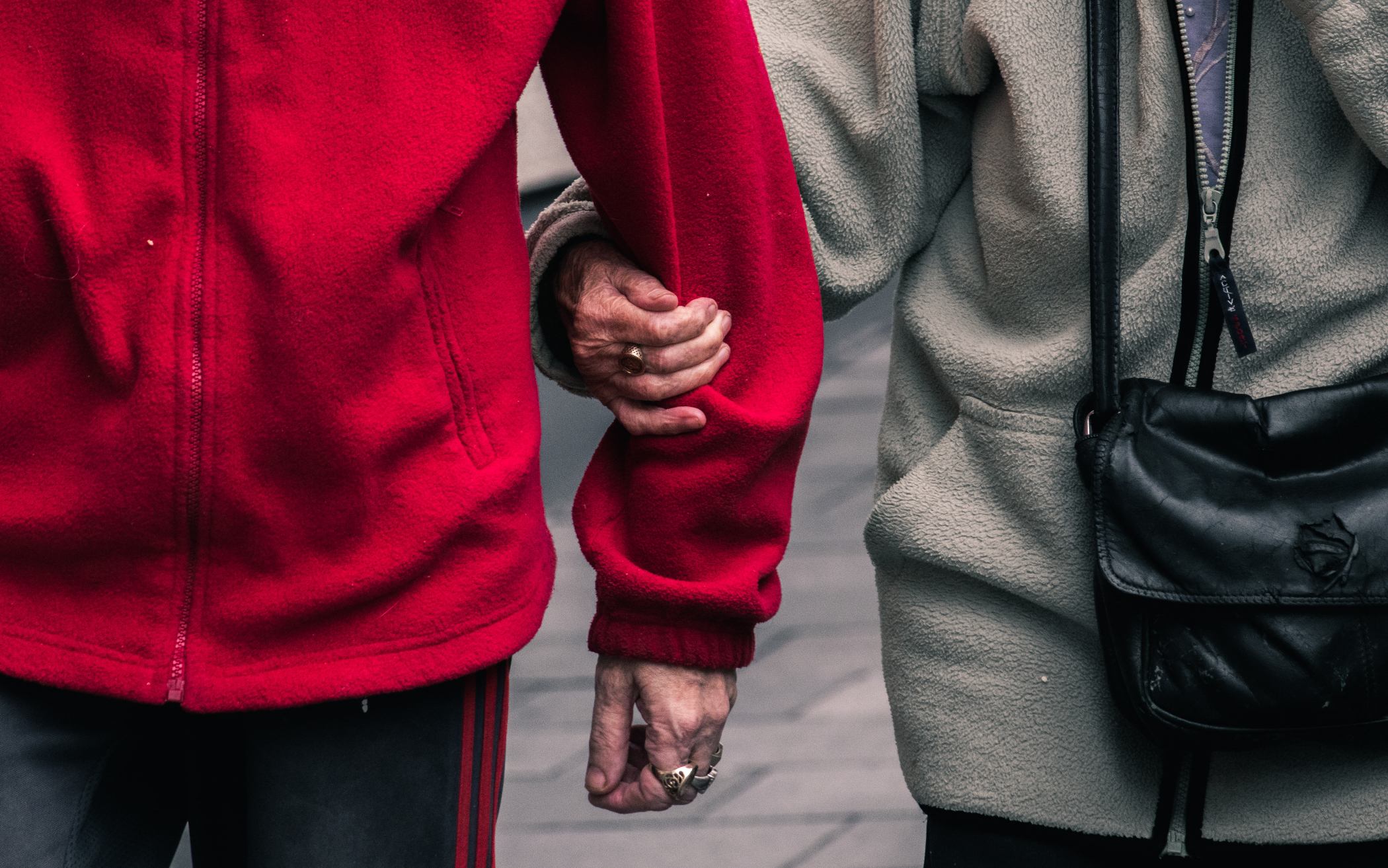We have different levels of partnerships, each with responsibilities and tasks according to the size of the community it serves.
At neighbourhood level, we have 33 Primary Care Networks (PCNs) which are led by a Clinical Director.
Their role is to support groups of GP practices to come together locally, in partnership with community services, social care, mental health and other providers of health and social care including the voluntary sector. They are serving communities of 30,000 to 50,000 people. This video animation is a good introduction.
At the next level, called locality, we have six localities, each serving populations of 250,000 to 500,000 people.
Through our localities we are able to profile our populations in more detail, working together through neighbourhood groupings of Primary Care Networks to make sure that the wider health and care needs of these areas are recognised.
Our two Places, Birmingham and Solihull, have place Boards, closely connected with the Health and Wellbeing Boards.
Across Birmingham and Solihull, we have two place-based partnerships, also known as 'partnerships', with one partnership for Birmingham and the other for Solihull.
Both partnerships bring together partners from NHS organisations (such as hospitals and GP practices), local government services (such as social care and public health services) and third sector partners that contribute to the local population’s health and care.
It is at this level we focus on the health needs of each ‘Place’. Improving the local population’s health and care through; ensuring everyone stays well, has access to preventative services and proactively seeking to join-up care. The partnerships:
- Proactively identify and set objectives that respond to population need.
- Have a focus on preventative and proactive support and joining up care.
- Play a key role in driving change.
The partnerships are managed by place partnership committees and align with the Birmingham City Council's Health and Wellbeing Board and Solihull Council's Health and Wellbeing Board. Health and wellbeing boards are a statutory forum where political, clinical, professional and community leaders from across the care and health system come together to improve the health and wellbeing of their local population and reduce health inequalities.
The top level is our Integrated Care Partnership for Birmingham and Solihull.
It is here that we set the overarching strategy for the Partnership as a whole, addressing the wider health, public health and social care needs as well as supporting economic regeneration. The NHS Birmingham and Solihull Integrated Care Board will be accountable directly to the Partnership for NHS spend and performance within the system.

